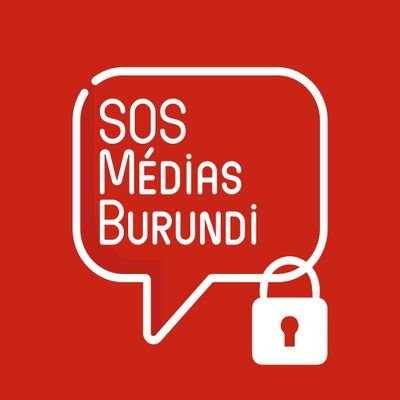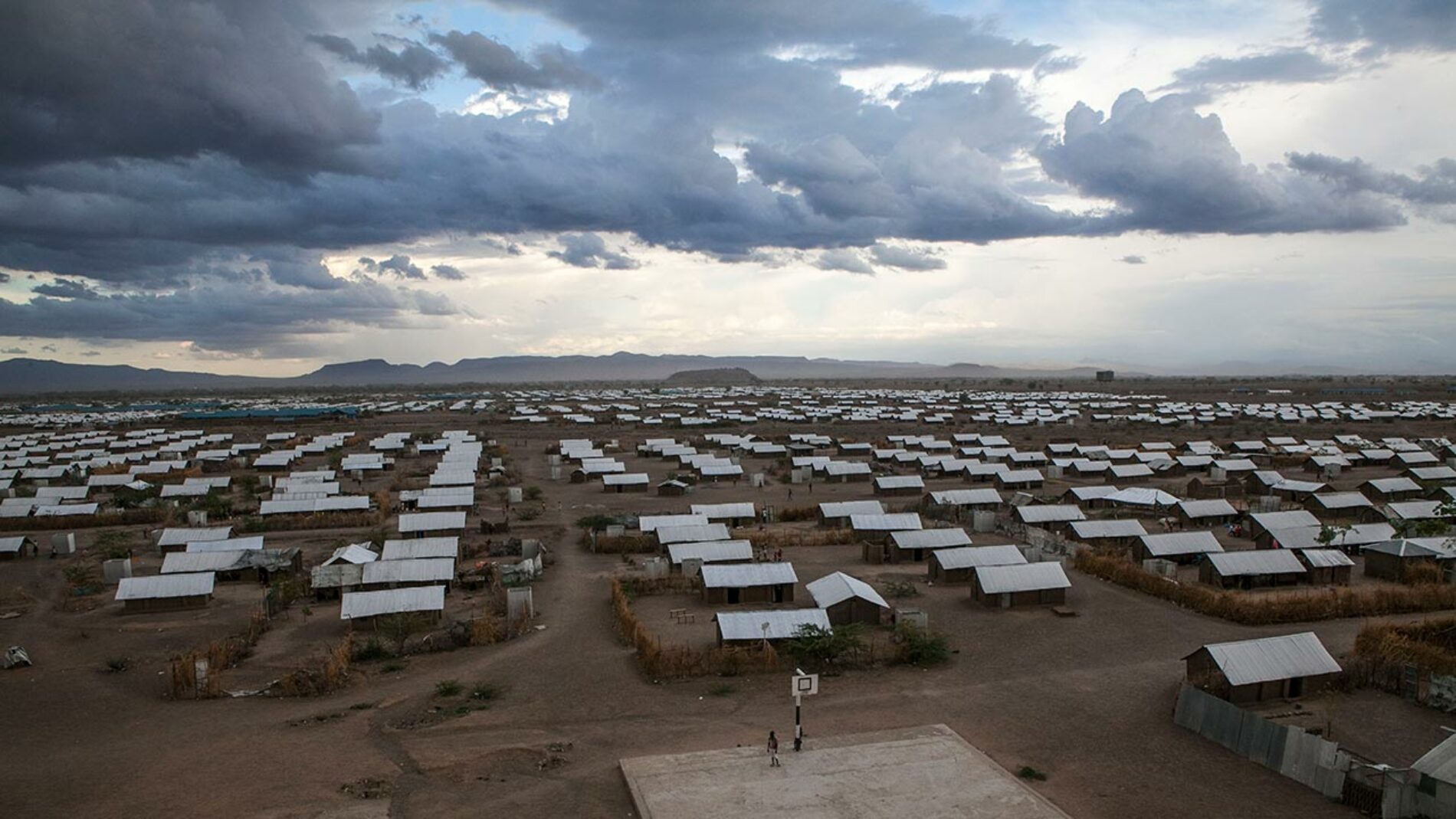Kakuma (Kenya): refugees denounce the slowness in granting administration documents
Refugees believe that the slowness in granting certain documents has serious economic and psychosocial consequences. They claim they can go a month or more without finding a document that should be issued in less than two hours. INFO SOS Médias Burundi
Documents concerned by the slowness are in particular the health insurance card, the proof of registration of refugee status, the identity card for refugees, birth certificates and statuses for newborns,…
Refugees who confided in SOS Médias Burundi say that “we can spend more than two weeks coming to get a document which should be issued in two hours at most”.
And they griefly said, “What is very regrettable, these documents of which we are deprived are very important in the life of refugees here and in all the camps of the world”.
Given explanations do not satisfy those concerned.
“Either you are told that the document is not ready, or that data are not available, or that boxes or machines are not available or functional,… And we do not know if these agents want bribes or not”, they regret.
Refugee families say they are forced to spend a lot of transportation costs as only one reception center is operational for two sites namely Kakuma refugee camp and Kalobeyei integrated settlement, the two camps being separated by a distance of at least 20 km.
“For people leaving the villages of Kakuma I, II, III and VI for example, they have to pay between 200 and 600 Kenyan shillings for a ride on a motorbike or bicycle taxi for the round trip. Going there two or three times a week and waiting for a month means flouting rights of refugees – who are already vulnerable”, they say, while asking that the administration slowness can be resolved as soon as possible. Refugees are also demanding the opening of new centres.
“Or else, campaigns should be organized to grant these documents”, they suggest.
Kakuma has more than 200,000 refugees of several nationalities, including more than 20,000 Burundians.

